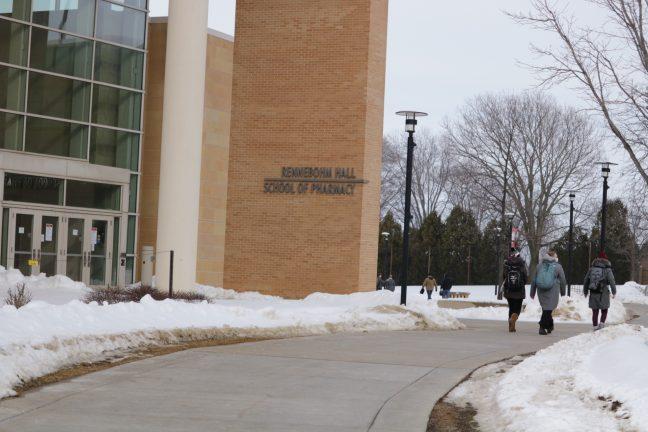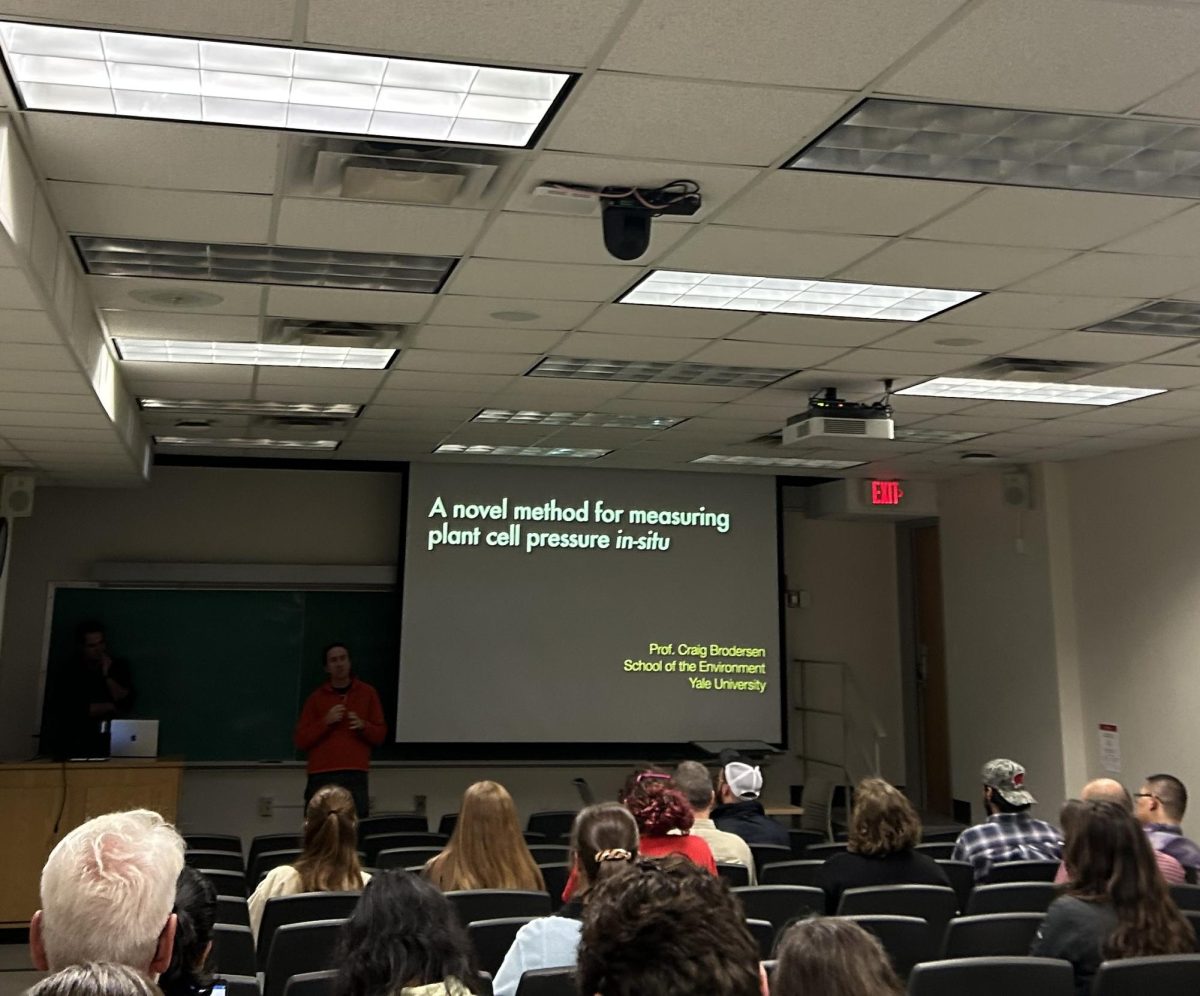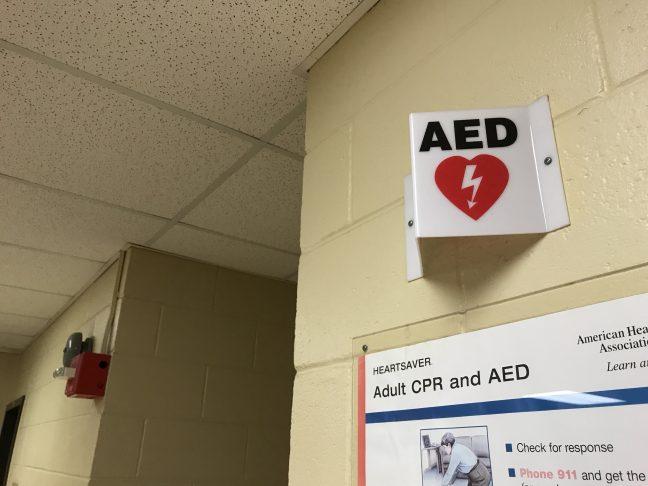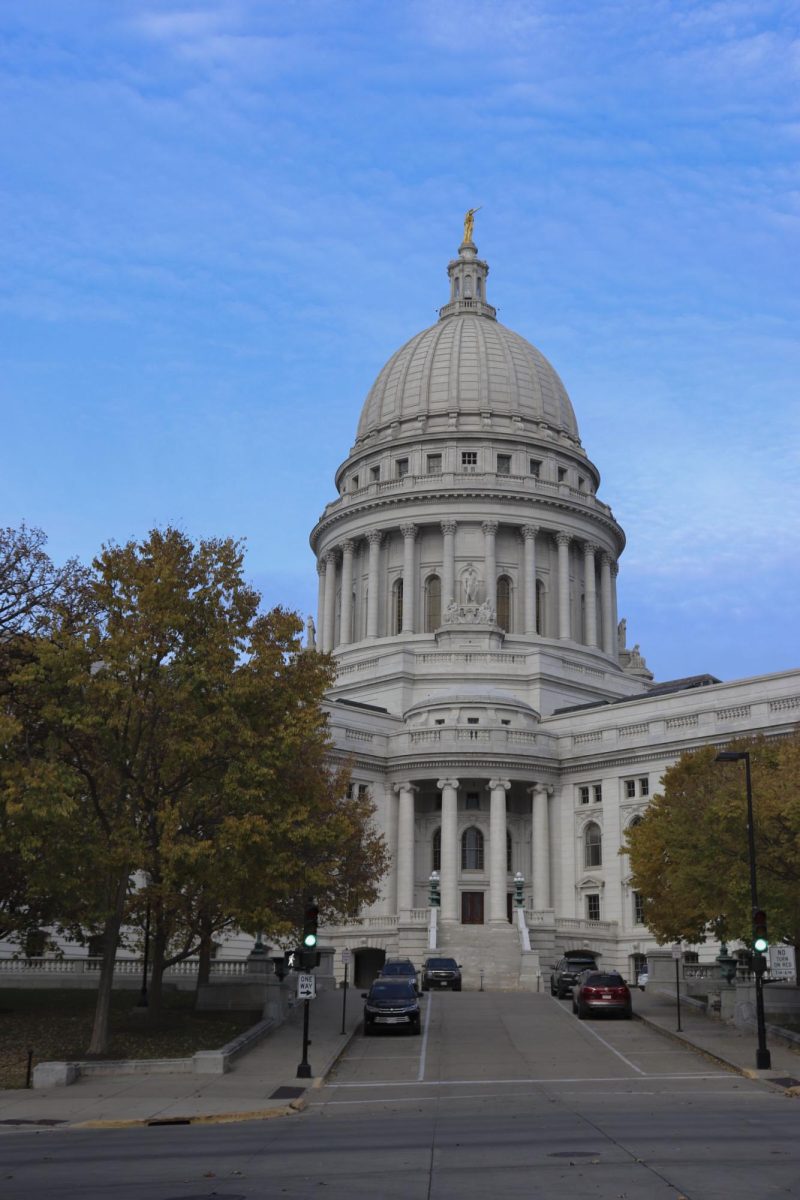Following the culmination of promising clinical data for the benefits of psychoactive substances like psilocybin and MDMA, the University of Wisconsin launched a new research center to better understand these types of drugs.
The Transdisciplinary Center for Research in Psychoactive Substances is new in the School of Pharmacy and will expand current clinical studies on the therapeutic benefits of psychedelic drugs, Director Paul Hutson said.
“The FDA sees great potential in both MDMA and Psilocybin,” Hutson said. “Both of these compounds have been categorized by the FDA as breakthrough drugs because of the initial signals of efficacy and the safety.”
UW pharmacy school offers new master’s program in psychoactive pharmaceuticals
Current studies are showing promising results for the therapeutic use of psilocybin for depression and MDMA for post-traumatic stress disorder, Hutson said. These two are much further ahead in their research than other psychoactive drugs, and they could be facing FDA approval in the coming years.
Though there are promising results, researchers are still exploring a myriad of unknowns about these drugs, Hutson said. These drugs may not be effective for everybody, so the new research center will seek to explore the safest, most effective way to use these drugs for all types of people.
“The FDA is actually concerned about approving these substances, despite some remarkable reports of benefit in many people, because [the research] is not balanced across the racial spectrum,” Hutson said.
One focus of the center is increasing diversity among trial participants, Hutson said. They will seek out participants from diverse backgrounds to take part in this research, so they can better represent underrepresented communities.
In an email statement to The Badger Herald, associate director of Latin American, Caribbean and Iberian Studies Alberto Vargas said drugs like these have a long history.
“Many psychedelic substances have been used historically throughout indigenous groups and this research center can study that history and how renewed interest in these drugs is impacting contemporary indigenous cultures,” Vargas said.
Vargas said the research center is conducting various studies to break down barriers to participation for minority groups, including studying the effects of culturally adaptive features on study recruitment.
UW Professor John Dunne said marginalized groups often encounter more psychological challenges, so it’s ethically important to try to heal the issues that come with marginalization. Most psychological studies are performed on WEIRD, or Western Educated Industrialized Rich Democracies subjects, but other cultures should be represented in these studies as well, he added.
“There are important variations across different kinds of communities, that are in many cases cultural variations, but they really impact mind and body,” Dunne said. “It’s not about genetics, it’s about culture. In understanding how something like psychedelics might be helpful [we need] to see how it is acting in different kinds of persons, not just our mainstream culture.”
UW Health focuses on improving diversity in COVID-19 vaccine clinical trials
Along with increasing trial diversity, the research center will seek answers to questions about the efficacy of these drugs, Hutson said. They are looking to find optimal dosing strategies, how to shorten onset and offset of psychedelic effects and to better understand the value of the psychedelic experience on the therapeutic benefits of these drugs.
In clinical trials, safety is a major concern, Hutson said. For depression, participants go through a rigorous vetting process including a preparatory screening process before a guided session with one dosage of a psilocybin capsule followed by an integration session the next day.
“This is a long process,” Hutson said. “With the infrastructure of the new center, more studies will launch, including a treatment for substance abuse issues that could end up using more doses of psilocybin.”
While they are showing early signs of benefit in clinical use, psychedelic drugs are illegal for recreational use. Hutson and the researchers at the center went through the proper procedures to obtain FDA approval for clinical trials, he said, which aren’t much different from those of any other experimental drug.
UW partners with biotech company to develop COVID-19 vaccine
Hutson needed approval from the Institutional Review Board, which identified areas to improve safety protocols and approval from FDA for an Investigational New Drug Exemption. Because these are scheduled substances, Hutson also needed approval from the state of Wisconsin, the DEA and the controlled substances section of the FDA.
“There’s a lot of hype about psychedelics and that hype has to be grounded in careful research,” Dunne said. “Wisconsin has an opportunity to be a serious research center that people will trust because they know we’re not biased.”














